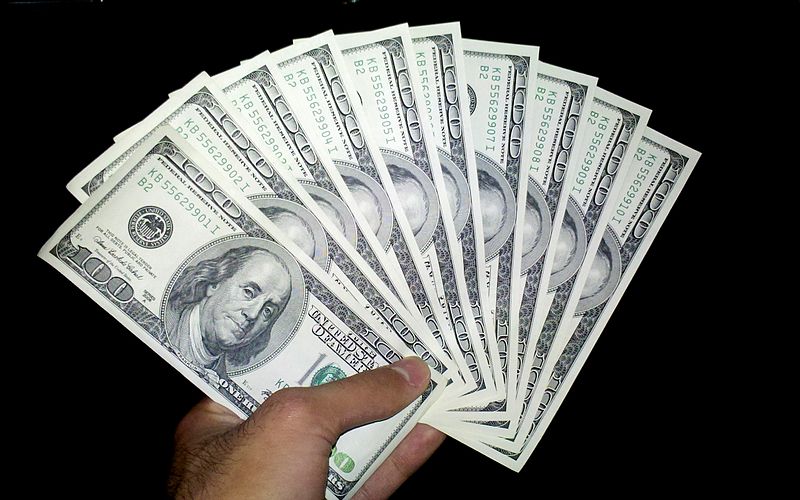Paying ex-politicians to retire

In a country plagued with financial woes, there’s one place our money is going that most people may not be aware of. It appears that ex-presidents get some serious bank roll once they’re out of office. The evil here comes from a law put into place in 1958, known as the Former Presidents Act. In an effort to make sure our former leaders didn't live in poverty if they couldn't figure out how to budget right, the law was put into place as a protection. Still, considering that most presidents, ex or otherwise, are reasonably rich, does it make sense to keep this up?
At the top of the spending heap is none other than George W. Bush, who wastes about $1.3 million taxpayer dollars each year. This money goes to expenses such as office space, phone calls, staff, postage and travel. And it’s not just a Republican thing, as
For almost 200 years, ex-presidents managed to handle their finances just fine without taxpayers having to get involved directly. Why does our government think that it’s OK to give them more money, especially considering the depth of our economic problems? This is another case of a law being put into place by the people that it benefits rather than the voice of the citizens. And as the regular people suffer and have their essential services shut down, former politicians go about business as usual.
This all-too-familiar routine reminds me of the incident revolving around bank executives getting huge bonuses following the bail-out - bonuses that were paid for by the very same people they evicted from their homes for not being able to pay their bills. To their credit, one man in Congress has tried to address changing the Former Presidents Act, proposing to cap the monetary allowance at $200,000 but, as can be expected, it was shot down quickly. No congressman who dreams of becoming president wants to lose his potential payout, after all.
Hundred Dollar Bills photo courtesy of Milad Mosapoor via Wikicommons

2 comments